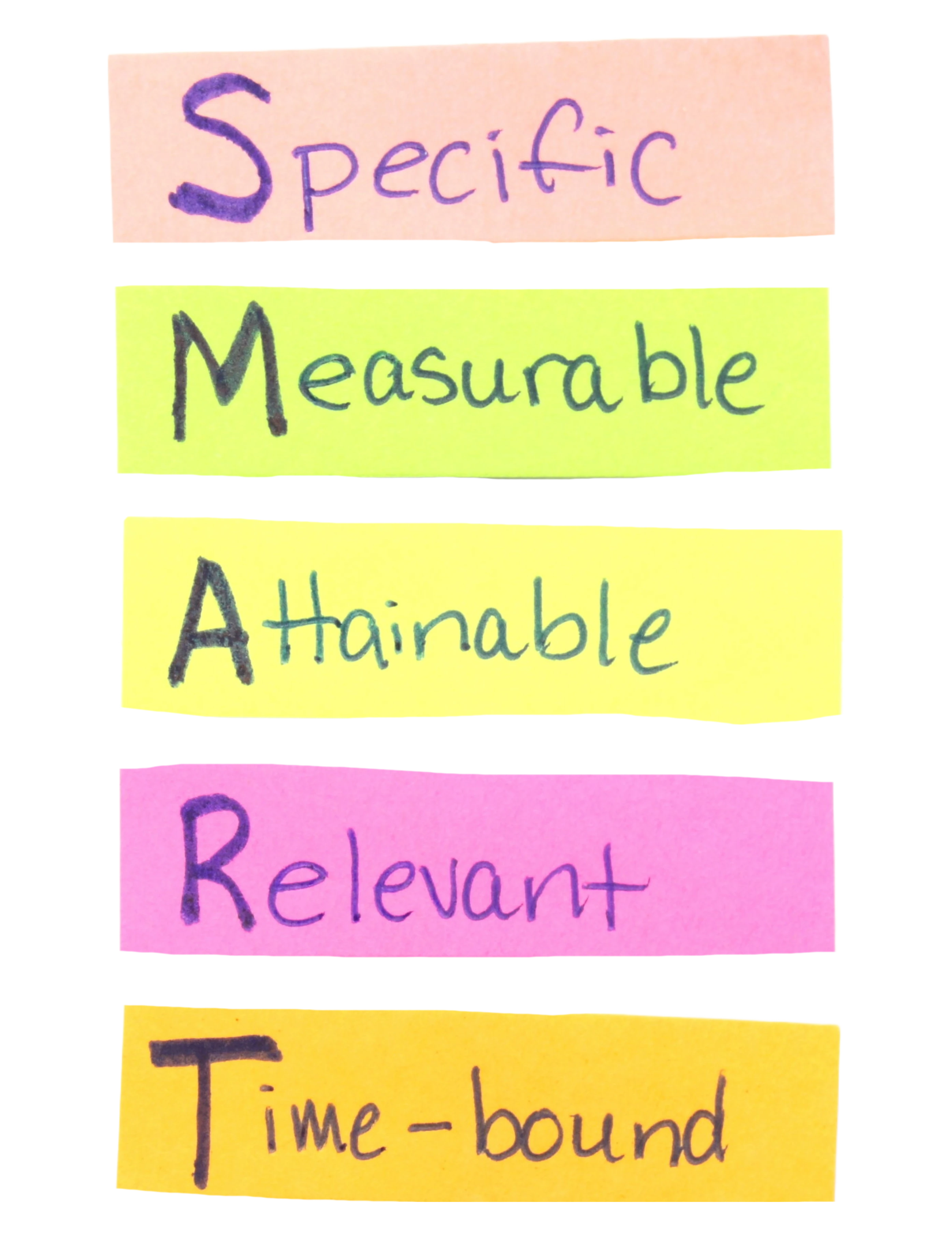The advantage to making something a habit is that it becomes a default setting and then reduces the stress of uncertainty and waffling (Do it now; or not?). Also, in studies of people who are good at accomplishing their goals, we don't find that they have superhuman reserves of willpower. Rather, they've figured out how to reduce the role of willpower by tweaking their environment. How can you do this too?
- Map it to habit cues of time, place, and preceding action. Try tackling your math class in the same room, at the same desk, at the same time each day, and start by opening your book and your web work. Then reward yourself at the end - a snack, some online browsing, a walk around the block.
- Set tiny habits and reward yourself (this hacks your dopamine). Want to read more of that book for English? Just start with 10 pages a day. By the end of the week, that's 70 pages!
- Try piggybacking or stacking/chaining. Insert a new habit you want to add into your daily routines. You've got laundry once a week - read that chapter while it's going.
- Use "friction":
- Decrease friction to make it easier to start.
- If you want to go jogging first thing in the morning while you listen to that podcast for class, put your running clothes by the bed.
- Increase friction to make it easier to stop.
- After you use your phone to login to IU systems, silence it and put it in your bag while you're trying to focus.
Remember it takes time to build a habit – give yourself at least 21 days to start (although research suggests that it can take up to 66 days before that new habit feels automatic). Be patient with yourself, but just know, it's difficult for most people - you're not the only one! You can do this!
Take care of your whole thinking, emotional, physical self like you're someone that you love and need to nurture and support - like a friend or family member.
That means more than just a bubble bath and scented candles (though that might help, too)! Make sure you're getting enough:
- sleep
- exercise
- healthy food and water
- outdoor time
- stress reduction activities
This is easy to neglect and take for granted, because these areas for attention sometimes seem either
- obvious; or
- like a luxury or even self-indulgent ("seriously, who's got time for that?")
However, a daily, intentional approach to taking good care of yourself will improve your mood, ability to manage those negative emotions that crop up, and dramatically amplify all the important learning you are doing as you prepare for exams in your courses, projects, papers, and presentations. The research on this is substantial and will make the time you put in better and more efficient.
(Happy side note: taking care of yourself will improve your life in general and will positively impact those around you. It's a win-win for all!)
Okay, so how is all this connected to learning and what are the specifics? Read more on Learning.IU's Stay Healthy page.







